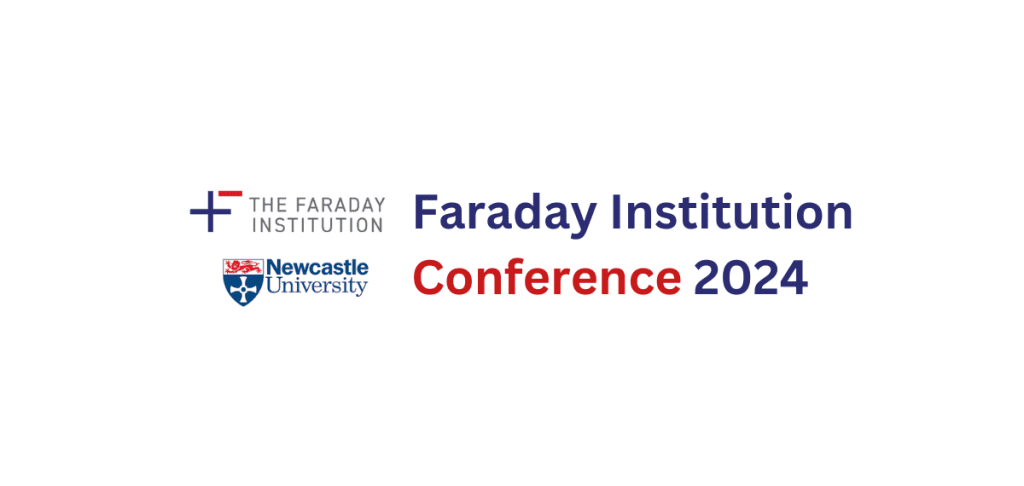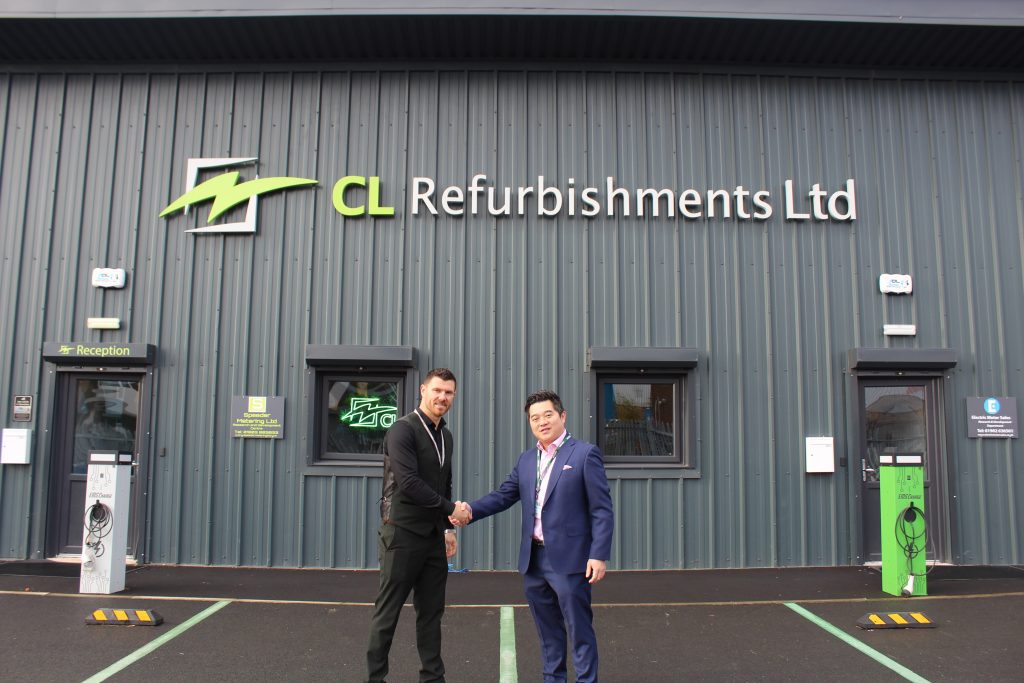We are pleased to announce that Associate Professor Raouf Hosseini has been specially invited by The Faraday Institution to present his innovative research at their 2024 conference, hosted at Newcastle University from 10th to 12th September. This invitation highlights the relevance and impact of Professor Hosseini’s work in advancing sustainable technologies in the energy storage sector.
The Faraday Institution Conference is a key gathering for experts in battery research, energy storage, and sustainability. With this year’s theme, “The Battery Breakthrough: From Research to Scale-up, to Manufacturing,” the event offers a platform for exploring cutting-edge innovations, fostering industry discussions, and exchanging ideas. Participants will have the opportunity to engage with leading researchers and industrial experts driving advancements in battery technology.
Sustainability remains central to Cellcycle’s mission, and Professor Hosseini’s research is pivotal in supporting this goal. His work forms the foundation of our bio-based lithium battery recycling process, which addresses the growing need for more environmentally friendly recycling methods. This innovative approach not only aligns with our commitment to sustainability but also represents a significant leap forward in battery recycling technology.
The increasing reliance on lithium-ion batteries, from electric vehicles to energy storage systems, poses a critical challenge for end-of-life management. Conventional recycling processes, which often involve energy-intensive and hazardous techniques, have raised concerns about their environmental impact. Recognising these challenges, Cellcycle has developed a bio-based recycling process that provides a sustainable alternative by utilising biotechnology to recover critical materials, including lithium, cobalt, and nickel.
Professor Hosseini’s research demonstrates how bacteria and organic materials can be used to break down batteries and efficiently extract these valuable resources. This bio-based process significantly reduces emissions, minimises waste, and offers an eco-friendly solution to battery recycling. It is a key part of our broader strategy to reduce the environmental impact of energy storage technologies while contributing to the circular economy.
At the Faraday Institution Conference, Professor Hosseini will provide an in-depth overview of Cellcycle’s progress in developing this cutting-edge technology. His presentation will also offer insights into the future direction of the project, with a focus on scaling up the bio-based process to ensure its commercial viability and global application. This approach exemplifies our commitment to creating a sustainable future while advancing industry-leading recycling solutions.
The Faraday Institution’s invitation to Professor Hosseini underscores the growing recognition of the role biotechnology can play in reshaping battery recycling. The conference will be an opportunity for us to share our developments with the wider scientific community, exchange knowledge with industry experts, and engage in collaborative discussions aimed at enhancing sustainability across the sector.
Cellcycle remains committed to driving positive change through innovation, sustainability, and collaboration. We look forward to furthering our impact on the battery recycling industry and contributing to global efforts to create a more sustainable future.
We invite you to follow our updates from the conference as we continue our mission of transforming the way lithium batteries are recycled, paving the way for a greener tomorrow.

